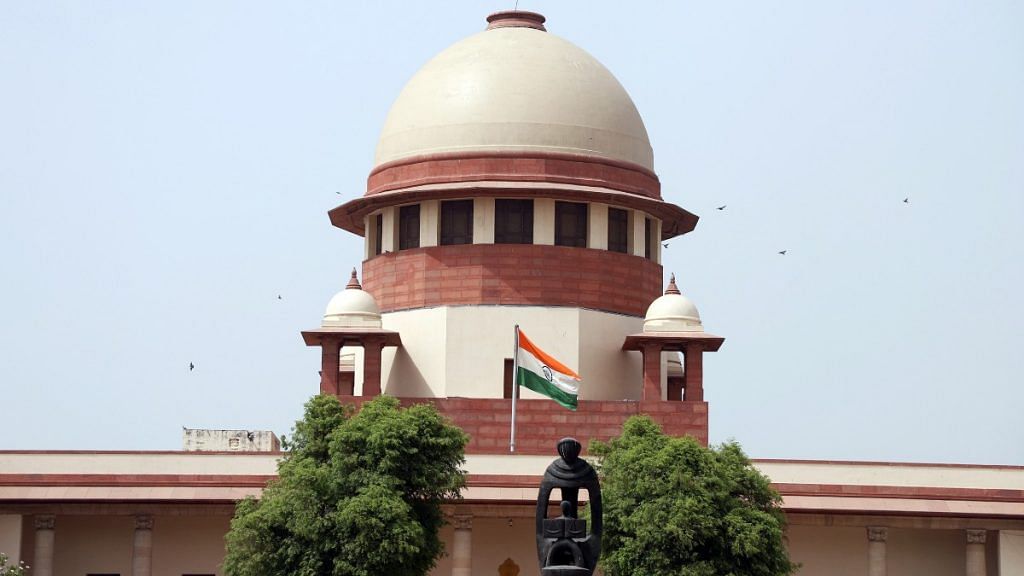New Delhi: The Centre Friday defended the electoral bond scheme before the Supreme Court, claiming it to be a “transparent” and “well-accounted” system.
Appearing before a bench of justices B. R. Gavai and B.V. Nagarathna, solicitor general Tushar Mehta said the scheme has ensured transparency by “eliminating black money from political funding”.
Mehta maintained the methodology of receiving funds through the scheme is “transparent” and assured the court that he will take it “through the scheme step by step.” “Now, it is impossible to get any black or unaccounted money. Very transparent system and to say that this affects democracy may not hold the water,” he contended.
Mehta’s submissions came while the bench was hearing a set of public interest litigations filed seven years ago to challenge the electoral bond scheme. The matter was heard 18 months after it was last listed.
The petitioners in the case are the Association for Democratic Reforms (ADR) and the Communist Party of India-Marxist (CPI-M), among others, who have challenged the provisions of the Finance Act, 2017 that introduced the electoral bonds scheme. Amendments were made in various acts, including the Reserve Bank of India, the Companies Act, the Income Tax Act, the Representation of Peoples Act and the Foreign Contribution Regulations Act to make way for electoral bonds.
When Justice Gavai asked whether the system provides a way to ascertain the source of donations received, Mehta replied in the affirmative.
To the petitioners’ request to refer the matter to a larger bench, Mehta said there should be a hearing at the threshold before deciding on the reference.
As the bench was about to adjourn the matter, advocates for the petitioners, including senior advocates Prashant Bhushan and Kapil Sibal, insisted for an early hearing in the case.
Bhushan said a hearing should take place before elections are held in Gujarat and Himachal Pradesh. He argued that electoral bonds were floated before every election and, therefore, the case must be heard soon. Mehta rebutted this submission, saying the case was not an “election-related issue”.
While Bhushan and other petitioners urged for a hearing in the second week of November, the Centre wanted the case to be deferred to January, next year.
“The matter has been pending for the last seven years in any case,” Justice Gavai observed, fixing 6 December as the next date of hearing.
(Edited by Tony Rai)
Also Read: 5 yrs back, India ‘legalised’ political corruption. Now, the time to end secret funding is here
